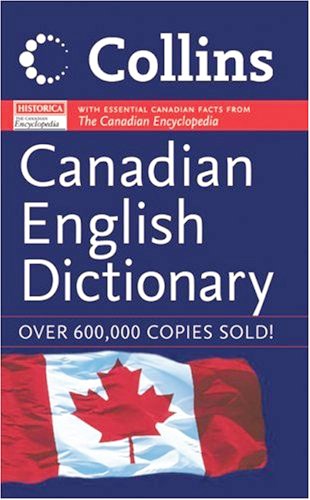There are many Canadians who do not know that the 13 American Colonies called New England States were England’s main contribution to early settlement of North America. France’s main colonization contribution in North America was the Province of Canada — its main colony, the smaller colony of Acadia, Louisiana and the Louisiana Territory. When Britain waged war against France on Canadian soil and won in 1759, both nations agreed in the 1763 Treaty of Paris which various territories would be turned over to Britain. It was then that Canada became a colony of Britain and Canadian English was introduced to the colony. But, for decades there were very few English speakers in Canada. The American Revolution which took place between 1765 and 1783 was to change that. The American Patriots in the Thirteen Colonies won independence from Great Britain, becoming the United States of America. The “United Empire Loyalists” were those Americans who wanted to stay loyal to Britain and so left their old home to cross into Canada where they were rewarded with land. They became the founding English-speaking people of Canada. Thus Canadian English was, from its very beginning, both American — because its speakers had come from the American colonies — and not American, because they rejected the newly independent nation.
One Web site explains: “Just as the Americans sought to have a truly distinct, independent American version of English, the loyalists sought to remain more like England… sort of. These were people whose variety of English was already diverging from the British and vice versa: when the residents of London and its environs began to drop their r’s and change some of their vowels people in certain parts of the United States adopted some of these changes, but Canadians did not. There did end up being more British influx and influence in Canada. After the War of 1812, Mother England encouraged emigration to Canada to ensure that loyal sentiments prevailed. The accent did not become British, though British schoolteachers and authorities did leave their marks on spelling and grammar.” I believe that these teachers also helped to keep alive various accents and word usage of British English throughout the Canadian population in the 1800s and early 1900s. However, there is no denying, the United States as this country’s greatest trading partner has wield its linguistic influences over contemporary Canadian English.
Contact Terri Lefebvre Prince,
Heritage Researcher,
City of Yorkton Archives,Box 400, 37 Third Avenue North
Yorkton, Sask. S3N 2W3
306-786-1722
[email protected]


.png;w=120;h=80;mode=crop)

